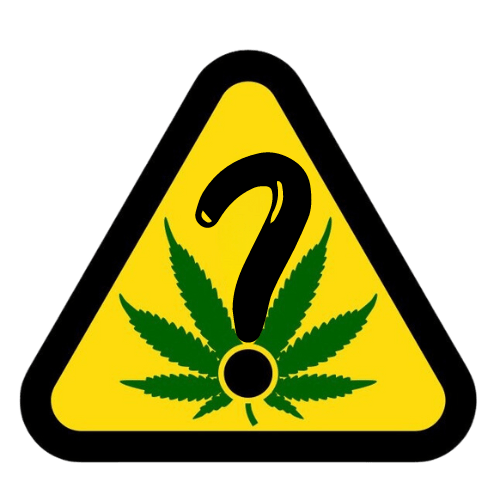How’s Pot Doing in Illinois?
Cannabis is 90% legal in Illinois
Cannabis Legality in Illinois: A Comprehensive Overview
The state of Illinois has undergone significant changes in its approach to cannabis, with both medical and recreational use now legalized under specific regulations. This report provides a detailed analysis of the current legal status of cannabis possession, purchase, and cultivation in Illinois as of November 2023, focusing on the provisions for medical marijuana patients and adults.
Is it Legal for Medical Marijuana Patients to Possess THC-Containing Cannabis Products?
In Illinois, medical marijuana patients who are registered and possess a valid medical marijuana card are legally permitted to possess THC-containing cannabis products. Under the Compassionate Use of Medical Cannabis Pilot Program Act, these individuals can possess up to 2.5 ounces (approximately 70.9 grams) of usable marijuana over a 14-day period (Illinois Cannabis Organization, 2023). This quantity is deemed an adequate supply for personal medical use, and patients may apply for a waiver to possess more than this limit if required for their treatment (PotGuide, 2023).
Is it Legal for Medical Marijuana Patients to Buy THC-Containing Cannabis Products in a Store?
Yes, registered medical marijuana patients in Illinois have the legal right to purchase THC-containing cannabis products from licensed dispensaries. To facilitate this, patients must be registered with the state’s medical cannabis program and hold a valid registry identification card. The standard purchase limit aligns with the possession limit, allowing patients to buy up to 2.5 ounces of usable cannabis every 14 days. If necessary, a physician’s written statement can enable a patient to purchase an amount exceeding this limit (PotGuide, 2023).
Is it Legal for Medical Marijuana Patients to Grow THC-Containing Cannabis?
Medical marijuana patients in Illinois are legally allowed to cultivate THC-containing cannabis at their residence. The law permits the growth of up to five plants per household, regardless of the number of patients residing there. These plants must be over 5 inches tall and grown in a secured area within the residence or on the property with the owner’s consent. The harvested cannabis from these plants does not count towards the patient’s possession limit as long as it remains within the residence (Illinois Cannabis Organization, 2023; PotGuide, 2023).
Is it Legal for Adults to Possess THC-Containing Cannabis Products?
As of January 1, 2020, adults aged 21 and over in Illinois are legally allowed to possess THC-containing cannabis products. The possession limits for adults include up to 30 grams of cannabis flower, 500 milligrams of THC in cannabis-infused products, and 5 grams of cannabis concentrates. For non-residents, the possession limits are halved to 15 grams of flower, 250 milligrams of THC in infused products, and 2.5 grams of concentrates (PotGuide, 2023).
Is it Legal for Adults to Buy THC-Containing Cannabis Products in a Store?
Adults aged 21 and older in Illinois can legally purchase THC-containing cannabis products from licensed dispensaries. The state’s Cannabis Regulation and Tax Act (CRTA) governs the sale of recreational cannabis, allowing adults to buy up to 30 grams of cannabis flower or its equivalent in other marijuana products per transaction. This limit is set to ensure that purchases are for personal use and within the legal possession limits (Cannabis Illinois, 2023).
Is it Legal for Adults to Grow THC-Containing Cannabis?
In Illinois, the cultivation of THC-containing cannabis for recreational use by adults is illegal. The law restricts home cultivation to medical marijuana patients only, who are allowed to grow up to five plants. Adults who are not registered as medical marijuana patients are prohibited from growing cannabis at home, and violations can result in a civil penalty of $200. All recreational cannabis must be legally purchased from licensed dispensaries (Illinois Cannabis Organization, 2023).
Conclusion
The state of Illinois has established a legal framework that allows for the possession, purchase, and cultivation of cannabis for both medical patients and adults. While medical marijuana patients enjoy broader privileges, including the ability to grow their own plants, adults are limited to purchasing and possessing cannabis within the specified legal limits. It is important for individuals to adhere to these regulations to avoid legal repercussions. As laws and regulations are subject to change, it is advisable for individuals to stay informed through official sources or seek legal advice for the most current information.
References
- Illinois Cannabis Organization. (2023). Laws. Retrieved from https://illinoiscannabis.org/laws
- PotGuide. (2023). Illinois Marijuana Laws. Retrieved from https://potguide.com/illinois/marijuana-laws/
